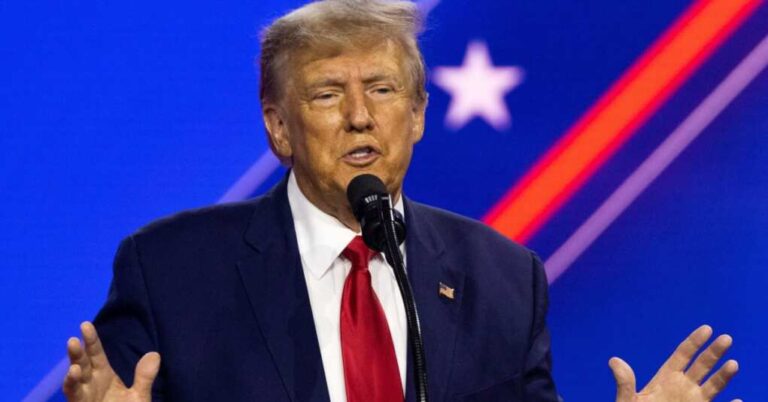
In a recent address to the Dallas Committee on Foreign Relations, former Australian Prime Minister Scott Morrison has called upon President-elect Donald Trump and his allies to ‘reclaim’ global institutions such as the World Trade Organization (WTO) and the World Health Organization (WHO). Morrison’s remarks suggest a bold strategy: if international bodies don’t align with your national interests, simply take them over.
Morrison criticized China’s disregard for WTO rules and the WHO’s handling of the COVID-19 pandemic, advocating for holding China accountable. He also defended Trump’s efforts to challenge entrenched elites in media, academia, and bureaucracy, asserting this was a necessary rebalancing in favor of liberal democratic values and principles.
The former Prime Minister’s comments come at a time when the global order is under significant strain. With Trump’s return to the White House, there’s an anticipated shift towards a more unilateral approach to international relations. Morrison’s endorsement of this strategy raises questions about the future of multilateralism and the role of global institutions in maintaining international stability.
Critics argue that such a move could further destabilize the international system. The WTO and WHO, despite their flaws, provide platforms for cooperation on issues that transcend national borders. Undermining these institutions could lead to a fragmented global landscape, where power politics overshadow collaborative problem-solving.
Moreover, the notion of ‘reclaiming’ global institutions implies a level of control that contradicts the principles of sovereignty and equality among nations. It suggests a return to a hierarchical world order, where powerful countries dictate terms to the rest. This perspective overlooks the complexities of global governance and the need for inclusive dialogue in addressing shared challenges.
Morrison’s remarks also reflect a broader trend among some political leaders to prioritize national interests at the expense of international cooperation. This inward-looking approach risks isolating countries from the benefits of globalization, such as trade, technological advancement, and cultural exchange.
In conclusion, while the desire to reform global institutions is understandable, the approach advocated by Morrison and seemingly endorsed by Trump may lead to unintended consequences. A more constructive path would involve engaging with these institutions to address their shortcomings, rather than attempting to dominate or dismantle them. After all, diplomacy is about building bridges, not erecting walls.

